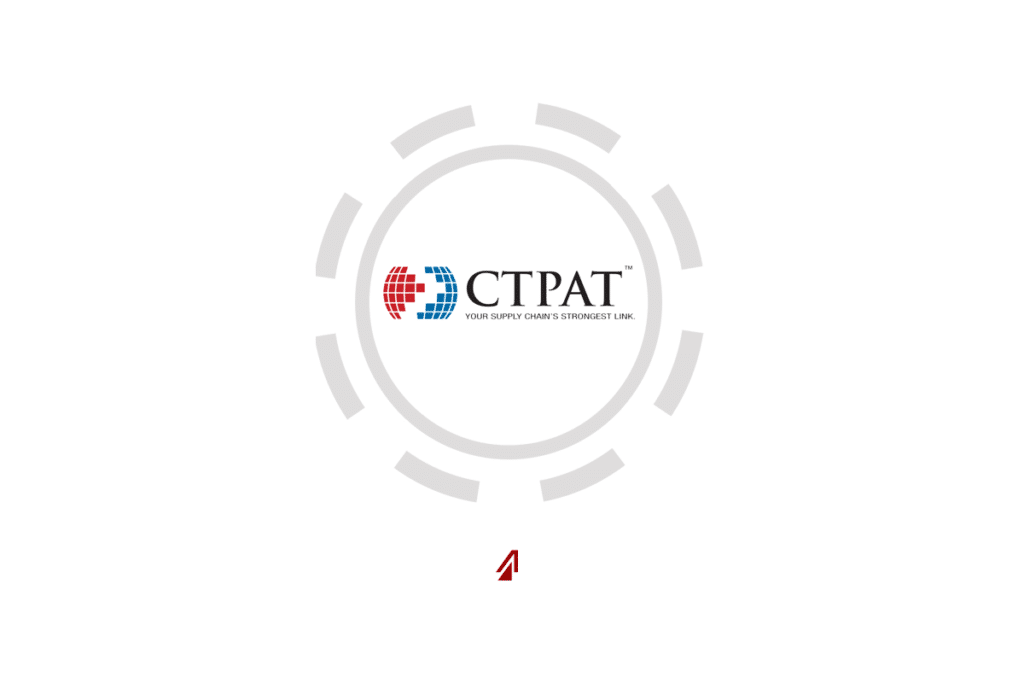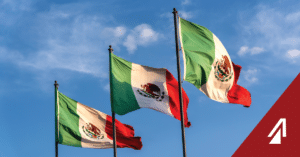The Customs Trade Partnership Against Terrorism was founded in November 2001 as a cargo enforcement strategy for the US Customs and Border Patrol Agency. It is a voluntary partnership between the trade community and the United States government to work together to root out possible terrorist actions and strengthen border security. Today, the partnership includes more than 11,000 companies across the logistics spectrum and accounts for more than 52 percent of the cargo imported into the US.
Having a CTPAT certification solidifies a company’s commitment to both freight security and its stance against international terrorism. The CBP sees companies possessing the certification posing the lowest security risk and allows these companies certain freedoms and privileges that other companies are not allowed. These companies also demonstrate their commitment to their customer’s freight security and actively work to assist the US government in its war on terror.
Companies with a CTPAT certification are expected to work with the CBP to:
• Protect supply chains
• Identify security gaps
• Implement specific security measures




